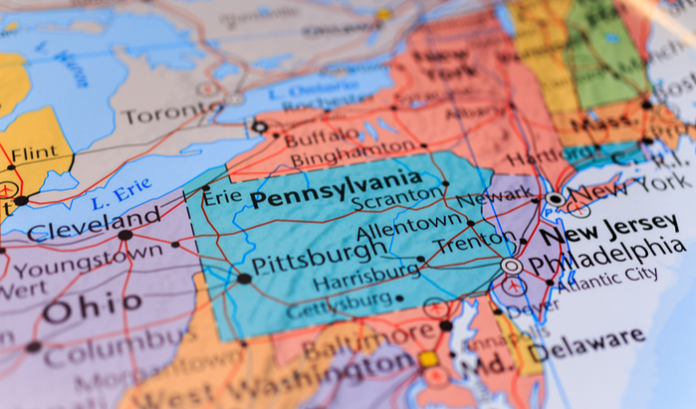Unregulated games of skill are having a substantially detrimental effect on Pennsylvania Lottery scratch sales, according to a new study.
The report estimates that more than $650m in Pennsylvania Lottery scratch sales have been lost to gaming devices that have been deemed illegal by the Pennsylvania State Police, Office of Attorney General and the Pennsylvania Gaming Control Board.
As a foreword to its report, the Pennsylvania Lottery stated: “To put it another way, the $14.9bn in scratch product sold between October 2017 and March 2022 could have been more than 4.4% higher, which would in turn have generated over $200m more for older Pennsylvanians and local businesses during that time.”
The analysis also found that, since 2017, the Pennsylvania Lottery retail network has seen 17 times more skill machines found on-site across the state, eight times the number of retailers with at least one skill machine, and six times the maximum number of skill machines found at any one retailer.
Furthermore, there is now a skill machine in every county in the Commonwealth.
“This analysis should serve as a flashing red light for lawmakers,” said Pete Shelly, Spokesman for Pennsylvanians Against Gaming Expansion.
“It is time, once and for all, to tighten state law and shut these machines down.”
Shelly has urged lawmakers to consider this report and these impacts as they debate proposals to expand gaming, specifically legislation sponsored by state Senator Gene Yaw that would regulate skill games.
“These machines do not generate a penny in gaming taxes,” added Shelly.
“They also are bringing crime to communities across the state, and they drain revenue from programmes for seniors that the Pennsylvania Lottery funds.”
Earlier this month, the Pennsylvania Lottery reported its revenue had fallen 8.2% year-on-year, with its scratch-off games sales decreasing 6.5%.




























